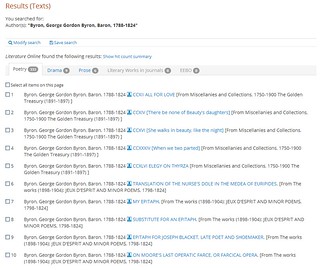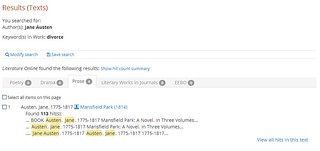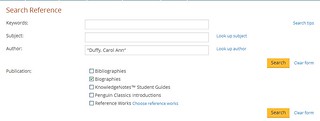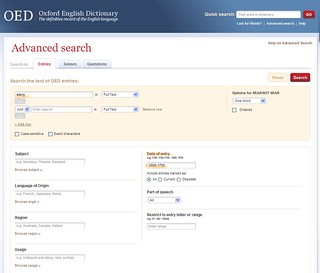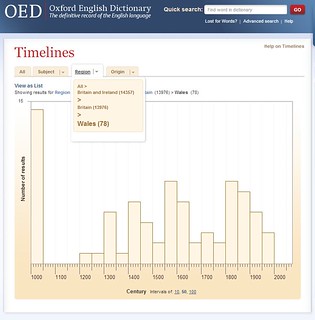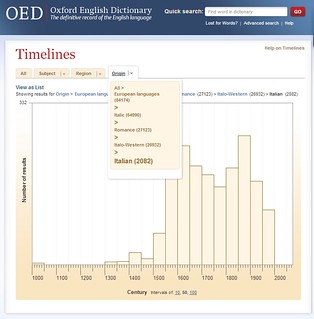The Library staff were interviewed about themselves, their roles and much more!
Read Kim’s interview below and let us know what you think!

Hi there, if you’d like to start by introducing yourself
I’m Kim, and I’m the new Information Consultant for English, Drama & Theatre, Media Arts & Royal Holloway International.
How long have you been at RHUL Library?
I have been working here for 3 years now, but I was a student here before that so I actually haven’t left Royal Holloway yet. Laughs
Have you always worked in Libraries?
Since I’ve graduated yes, before that I had some jobs in department stores and fun things like that.
What did you want to be when you were little?
An Astronaut!
I really wanted to be an astronaut, and I wanted to go to Mars, that was my plan. And then,.. this is the tragic story of my life, then I went to.. is it in Leicester they’ve got that um space British space museum centre thing?! that’s embarrassing as I ought to know that. Yeah, so I went there, and I read up about how to be a pilot of a space shuttle and I read that trainee astronauts had to go through lots and lots of training to learn how to cope with zero-gravity and it made them all very ill. And I get very plane sick, so that was the moment I decided it was not for me and I was heartbroken but I thought, that’s it! I’ll never go. But that’s okay, because they might need librarians in space one day so if they sedate me, I’ll get there.
Do you have any heroes and if you do, why are they your heroes?
I don’t know if I’ve got sort-of traditional heroes.
I respect people who stick up for things that they think are important and stand up for themselves. So that’s one thing I was always taught when I was little that stuck, and this is the bit where I go ‘oh my family are my heroes’ because they’re really nice and they taught to respect others and do my own thing.
Who is one of my heroes?
I can come back to it if you want to have a think?
Yeah, let’s do that.
What’s your degree in?
Just the one, I’ve got a BA in English & Creative Writing. And I am currently half way through my Msc which will be in Library studies, information studies.
And that’s the one that the everyone takes to be an official..
Librarian yes
Do you have a favourite book [in library], and why?
Laughs
Or just a favourite in life?
I have a favourite book and I have a favourite book in the library.
My favourite book in the library is some really random dictionary of easily confused words, because it’s just the most random thing I’ve found here so far. It’s just full of things like ‘oh you think this word means this? No in fact you are completely wrong!’ When I found it I just thought ‘why would anyone need this?!’
Crosswords?
Ah, maybe you would.
It’s the only thing I could think of.
I think that’s just an odd thing to keep in an academic library. But I don’t think we should throw it away.
Probably my favourite book, and I am going to change my mind in about 5 minutes, but I am going to say Dune. Because I am a science fiction geek, and I love Dune, … it’s huge so it keeps you busy.
If you had a superhero alter ego, what would they be named, and what would your super power be?
My mundane life superpower is remembering the lyrics to songs that I hear. That’s useless in life! No-one is ever going to need the words to BeWitched songs.
Karaoke?
Yeah but I can’t sing! So I could never be karaoke girl as a superhero because I can’t sing.. so I don’t know how that would be useful in an emergency situation… but I think that’s my superpower.
What project/event are you most looking forward to in the upcoming year? (Library related!)
I am probably most looking forward to the teaching bit, I’ve never got to teach students and I’d love to meet all my students from my subjects and talk them about the library and see what they think.
I am looking forward to doing stuff with the blog and social media and actually talking a bit more than just on the helpdesk and taking fines off people. So kinda nice things!
Describe working in the library in 3 words
Um,…caffeinated, I can’t think of any words that aren’t cheesy!
Can I say relaxing? Or does that make it sound like I don’t do my job?
Caffeinated and relaxing?
Caffeinated and relaxing, Yeah maybe not.. Definitely caffeinated, I drink a lot of tea and coffee when I am here.
I am going to think of some words, come back to me…
What advice would you give to a new student?
Probably; talk to lots of people and do lots of different things. And if you do things that are not fun, that’s also good because then you know what you’re not interested and you can dismiss it. So try lots of different things, and talk to lots of different people.
And that’s the best thing about Uni.
Would you rather, only be able to read the same book for the rest of your life but forget it as soon as you’ve read it, or never be able to read the same book twice?
All the books, but just once I think. Because then I could remember them all and be very intelligent and go, ‘oh this is like when I read that book’ and this and that. Otherwise I’d feel like a goldfish because I’d get to the end and go, ‘oh a book!’ All over again.
Okay, so any more thoughts on your heroes?
At the moment I am quite impressed by Amanda Palmer – who’s a musician – because she’s very independent, which is really nice, but she has a collection of lovely people on Twitter and the like who support her, and each other. Listening to them talk is quite nice because they are all kinda empowered by her doing what she fancies and ignoring pressures like ‘you must lose weight to be on stage’, and then they do things that they want to do. And it’s a nice group of people who are all very very different, and a lot of them of are very different to me, but at the same time they are so inclusive. I think that people who are inclusive but allow you to be very different are nice people.
That’s a good answer! Have you thought any further about your 3 words?
I am really stuck on caffeinated! All the people are really lovely, and they bake cakes and make you tea..
Cake, tea and people?
Laughs Yeah.. I am really bad at this 3 words.. I should have loads of synonyms in my head as an English graduate.
I can’t think of three words, I know I like working in libraries but I can’t sum it up in 3 words.
That’s your answer then.
Thank you Kim!
Check out our Twitter https://twitter.com/RHUL_Library for further updates from the Library.
Find out more about your subjects through our subject guides.
Like this:
Like Loading...


